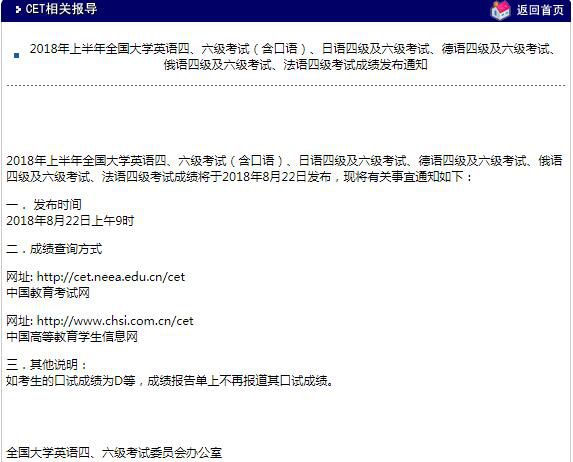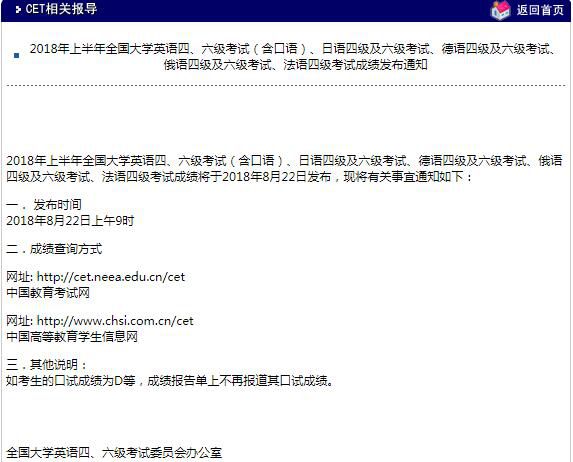New dawn descends over Straits
|
A new era in cross-Straits relations begins today with the launch of daily direct air, shipping and postal services. The end of a nearly six-decade ban on direct links imposed by Taipei is widely expected to strengthen growing economic ties and benefit millions of people across the Straits. Prominent politicians, including Taiwan leader Ma Ying-jeou and Kuomintang (KMT) honorary chairman Lien Chan, will attend inauguration ceremonies in Taiwan and on the mainland to mark the historic occasion. The first ships, from Evergreen and Yang Ming Marine in Taiwan, are scheduled to depart from Kaohsiung and Keelung harbors for the mainland around noon. Two ships of mainland companies China Shipping and China Ocean Shipping (COSCO) will set sail from Shanghai and Tianjin. A total of 20 ships will set sail on the first day. Wang Yi, minister of Taiwan Affairs Office of the State Council, Chen Yunlin, president of the mainland's Association for Relations Across the Taiwan Straits (ARATS), and Lien will attend the Tianjin ceremony to see off the COSCO ship. The ship will reach Taiwan in four days, Liao Xiaoyu, director of Taiwan affairs office of Tianjin, said yesterday. Earlier, a ship taking an indirect route needed seven to eight days to reach the island. Sixteen passenger flights will take off from the mainland and Taiwan on the first day of direct links, expanding the weekend charter services that began in July. China Southern Airlines will be the first mainland carrier to carry cargo across the Straits, from Guangzhou to Taipei. Up to 60 cargo planes will fly across the Straits every month, according to agreements signed on Nov 4. Taiwan's "civil aeronautics administration" said over the weekend that it had granted approval to carriers to operate 101 flights in the first week. The two sides have agreed to increase the number of direct charter flights to 108 a week and the frequency from four to seven days a week between 21 mainland and eight Taiwan cities. Five Taiwan and nine mainland airlines will operate flights from today to Dec 21, the administration's website said. And direct postal services will include express mail, parcels and remittances. Cross-Straits relations have improved since the KMT's Ma Ying-jeou took office in May and reversed the pro-independence policy of his predecessor Chen Shui-bian. Direct links will save costs and create new opportunities both for Taiwan and mainland businesses and help them tackle the global economic slowdown, Chiang Pin-kung, head of Taiwan's Straits Exchange Foundation, said yesterday. Taiwan authorities expect shipping companies to save T$1.2 billion ($36 million) and airlines, at least T$3 billion a year. "This will contribute greatly to our economic development," said Chiang, who signed the transport and postal deals with ARATS president Chen. For years, Taiwan businesses had been asking for direct links across the 160-km wide Straits, especially because annual trade between the two sides is expected to reach $100 billion. But Chen Shui-bian's pro-independence Democratic Progressive Party had refused to re-establish direct links with the mainland. In the past, planes from the two sides had to fly through Hong Kong or Macao airspace, and cargo ships usually sailed via Japan's waters. Wang Liya, an official with the Civil Aviation Administration of China (CAAC), said the distance and time for air travel across the Straits would be significantly shortened. A plane taking off from Beijing to Taipei, for instance, will fly 1,100 km less with its flying time becoming shorter by 80 minutes. Hu Hanxiang, president of the mainland-based Association for Shipping Exchanges Across the Taiwan Straits, said direct shipping links would help the two sides save at least $100 million a year in transport cost. |








